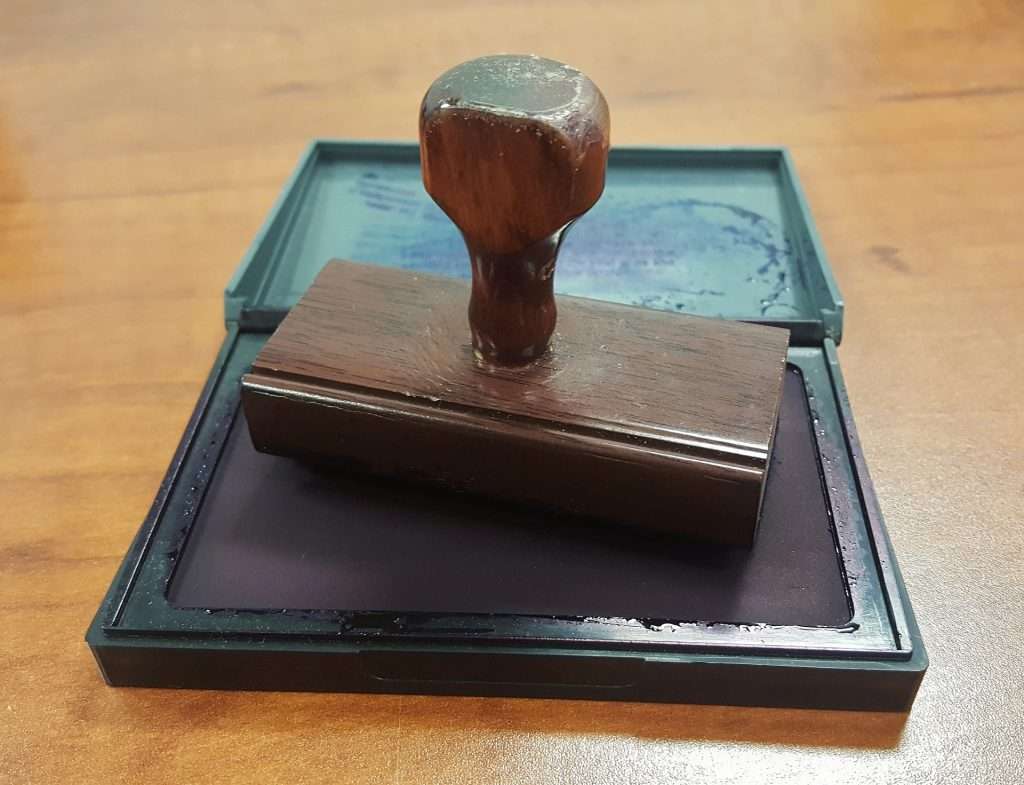Foundations:
The Notary Law was approved on November 7, 1905, as an annex to the Civil Procedure Code and established the rules for exercising the notarial function in Nicaragua. According to this law, with its current amendments, notaries are incorporated in the manner provided for in the Political Constitution and the Organic Law of the Judicial Power of the Republic of Nicaragua. This is before the president of the Supreme Court of Justice of the Republic of Nicaragua or before the magistrate delegated for such purposes.
The Governing Body of the exercise of the notarial function in Nicaragua is the National Council of Administration and Judicial Career of the Supreme Court of Justice. It should be noted that to be a Notary in Nicaragua, you must first obtain the Title of Lawyer and incorporation as such before the Supreme Court of Justice. The law defines the Notary is the Institution in which the laws deposit public faith, for guarantee, security, and perpetual constancy of contracts and provisions between the living and by cause of death.
Notaries have the power to certify acts and legal transactions that are known to them. Documents (acts and/or contracts) authorized by a notary must be considered certain, granting them public recognition of legality, truthfulness, and accuracy. Authorized notaries can practice in all kinds of acts, records, conventions, or contracts, outside their office and even outside their domicile anywhere in the Republic. They can also exercise their functions abroad when the acts or contracts are celebrated between Nicaraguans or must produce their effects in Nicaragua.
Expansion of the notarial function:
A consolidated text of the Law that gives Greater Utility to the Institution of the Notary was published in La Gaceta, Official Diary N° 197 of October 20, 2022. This text contains all the consolidated modifications as of November 25, 2021, which expand the scope of exercise of the notarial function in Nicaragua for notaries with more than ten years of incorporation, including the possibility of authorizing marriages, authorizing translations of documents, rectifying evident errors in certifications of the Civil Status Registry of Persons, and helping people to identify themselves if they have used a different name than the one that appears in their birth certificate, among others.
The Notary and the System Against Money Laundering:
On April 4, 2022, the National Assembly of Nicaragua approved the Law of Reforms and Addition to the Notary Law and the Commercial Code. The objective of the reforms is to strengthen the National Anti-Money Laundering System and the role of Lawyers and Notaries as public notaries in the provision of services to commercial companies. Notaries must comply with the duties and obligations established in the laws and regulations on the prevention, detection, and reporting of activities potentially linked to Money Laundering, Financing of Terrorism, and Financing of the Proliferation of Weapons of Mass Destruction.
Our Office offers you the full range of notarial services contemplated in our current legislation

